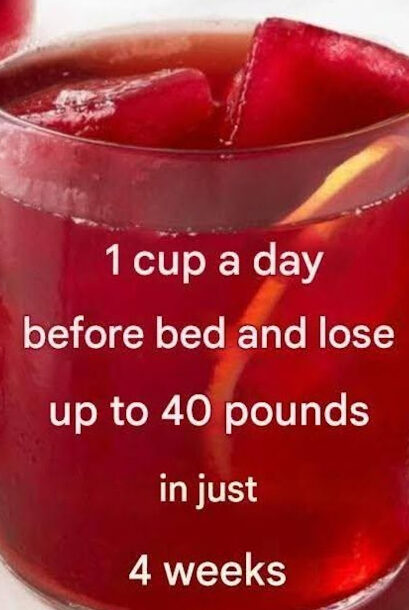Losing 5.5 kg (about 12 pounds) in just three days sounds impressive — but it’s not as glamorous as it seems. Health professionals almost universally caution against rapid weight loss at this pace. In fact, such a dramatic drop is rarely fat loss; it’s mostly water weight, and achieving it can come with serious risks like dehydration, electrolyte imbalances, and cardiovascular stress.
Nonetheless, let’s walk through how some people attempt this, step-by-step — and why experts urge caution.
Step-by-Step Method People Use to Lose Weight Fast
Warning: These steps are for informational purposes only. They are not recommended for safe or sustainable health.
Step 1: Extreme Water Restriction
• What they do: Limit water intake severely or use “water cutting” strategies.
• Why it causes weight loss: Reducing water intake tricks the body into shedding retained water quickly, leading to rapid drops on the scale.
• The danger: Dehydration sets in fast. Symptoms include dizziness, headaches, low blood pressure, and confusion. In severe cases, it can cause organ failure.
Step 2: Drastically Lower Carbohydrate Intake
• What they do: Follow a very low-carb diet (under 20–30 grams of carbs per day).
• Why it causes weight loss: Carbs bind to water in your body. For every gram of stored glycogen (carb energy), your body holds about 3–4 grams of water. When carbs are cut, glycogen stores deplete — and water is flushed out.
• The danger: Fatigue, irritability, and loss of physical performance. Long-term, severe carb restriction can affect brain and heart function.
Step 3: Increase Sweating
• What they do: Engage in long sessions of cardio, use saunas, wear sweat suits, or do hot yoga.
• Why it causes weight loss: Sweat is water loss. Extended sweating sessions can lead to pounds of water lost in a single day.
• The danger: Sweat contains vital electrolytes like sodium and potassium. Losing too many electrolytes without replacing them can cause muscle cramps, arrhythmias, or even heart failure.
Step 4: Restrictive Calorie Intake (or Fasting)
• What they do: Consume very little food — sometimes less than 500–800 calories a day.
• Why it causes weight loss: Severe calorie deficits deplete glycogen stores and reduce digestive system bulk, contributing to less weight on the scale.
• The danger: Starvation mode can damage metabolism. Lack of nutrients also weakens the immune system and increases risk for gallstones.
Step 5: Use of Diuretics or Laxatives (Dangerous)
• What they do: Some resort to medications or herbal teas that promote fluid loss through urination or bowel movements.
• Why it causes weight loss: Rapid water evacuation from the body.
• The danger: Electrolyte imbalance becomes extremely dangerous here. Heart rhythm problems, kidney damage, and even death can occur.
Why It’s Not True Fat Loss
• Water loss accounts for the majority of the weight change.
• Fat loss requires a calorie deficit sustained over time.
• True fat loss is about 0.5–1 kg (1–2 pounds) per week when done safely.
When someone loses 5.5 kg in 3 days, at most, only a tiny fraction of that is fat — the rest is water, glycogen, and digestive contents.
What Health Professionals Recommend Instead
• Aim for a gradual loss of 0.5–1 kg (1–2 pounds) per week.
• Follow a balanced diet rich in vegetables, lean proteins, and whole grains.
• Stay hydrated.
• Combine strength training with cardio exercise for best results.
• Prioritize sleep and stress management — two often overlooked pillars of healthy weight loss.
Final Thoughts
Losing 5.5 kg in three days may satisfy a scale obsession or fit a short-term goal (like a weigh-in), but it puts your health at serious risk. Temporary water loss is not real fat loss — and the weight often comes back just as quickly.
True health and sustainable weight loss come from patience, consistency, and care for your body, not punishing it. If you’re aiming for a healthier lifestyle, think long-term rather than overnight miracles.







